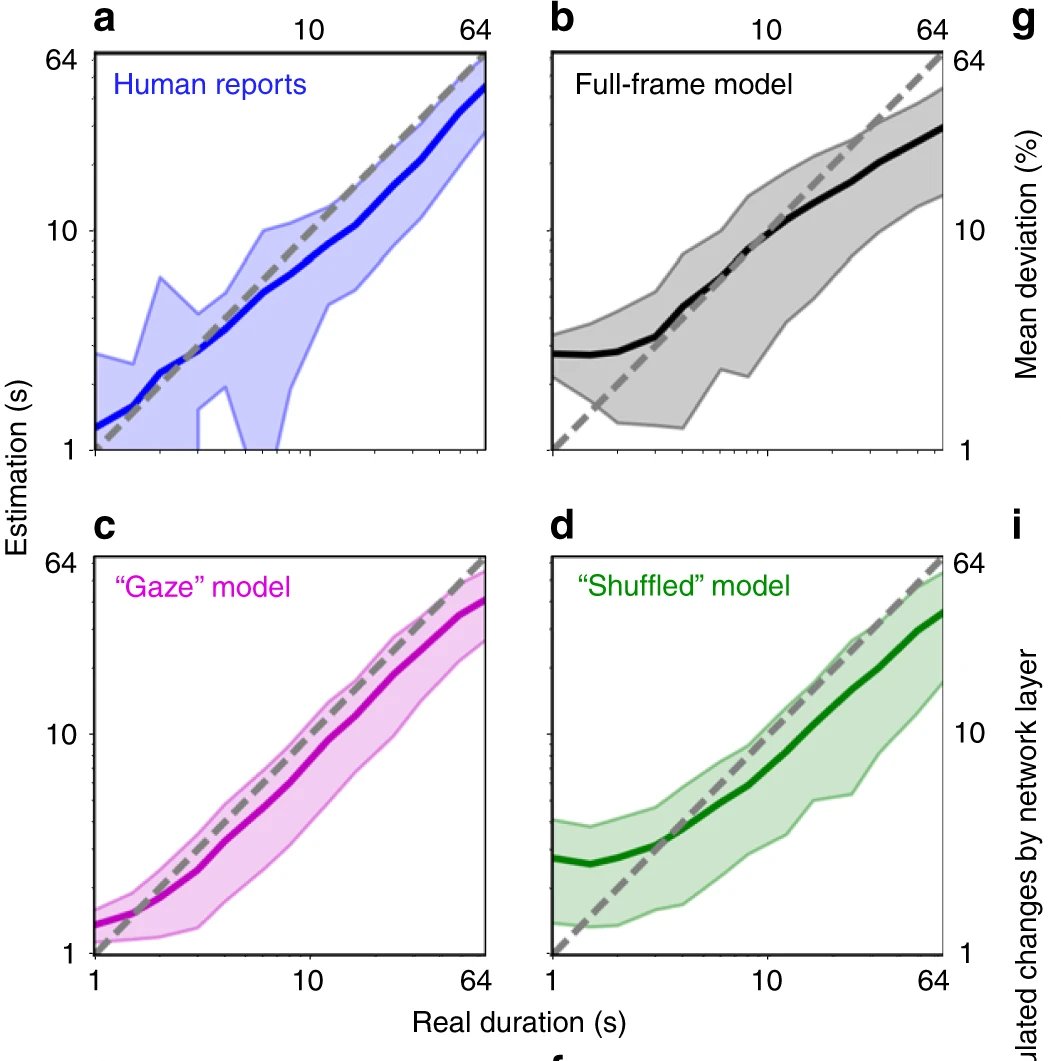For anyone interested in #embodiment science out there, just fyi, even the Mesmerists moved past the magic stick phase 200 years ago. en.wikipedia.org/wiki/Animal_ma…
https://twitter.com/BrainSelf/status/1298857079604641792
picture is post magic stick phase obviously...
• • •
Missing some Tweet in this thread? You can try to
force a refresh








